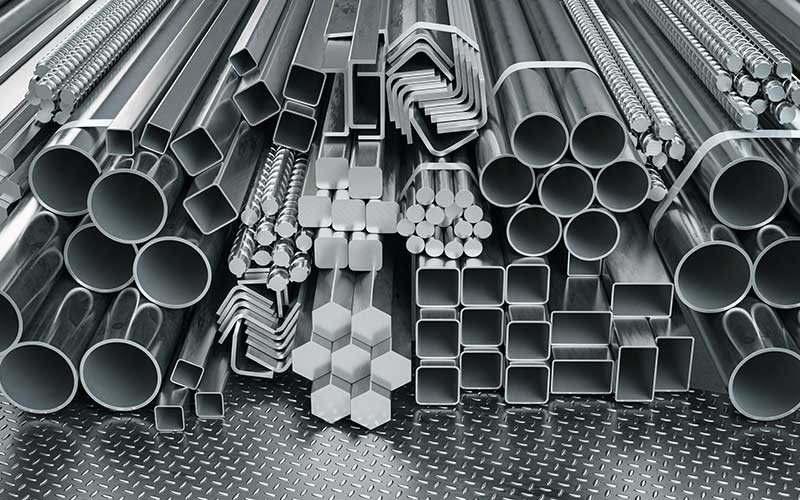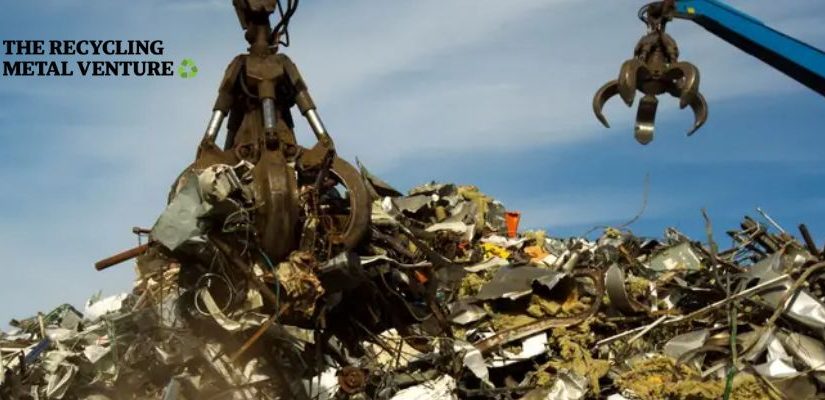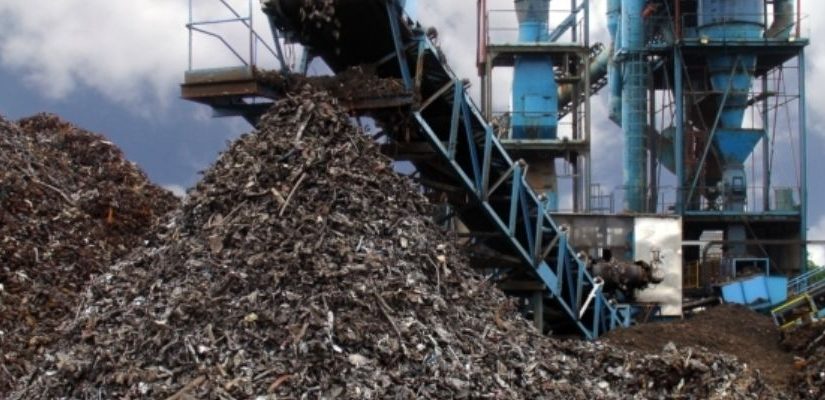Scrap metals are the parts or pieces of metal parts like bars, rods, sheets, scrap automobiles, and radiators. Waste metal recycling is a process that recovers different sorts of scrap metals and processes them to create new products.
It can significantly impact the environment and gets considered a great way to save our planet from pollution. It also has many benefits, such as reducing the environmental impact of mining metals and the use of chemicals, fossil fuels, and many more. So, it is essential to know about its impacts comprehensively.
The Benefits of Recycling Scrap Metals:
Here are the primary reasons that will compel business owners to consider recycling solutions for the betterment of their business and overall industries!
1. Less Energy Consumption:
Metal recycling needs less energy compared to traditional metal production. Mining and transporting ores consume more energy than the metal recycling process. This energy saving reduces the production costs for manufacturers.
2. Frees up the Scrap Landfills:
Scrap metals adversely impact the environment (like polluting the water and soil). Recycling scrap metals reduces these negative impacts on the environment by reusing the valuable metals from the scrap, freeing up valuable space.
3. Improves the Quality of the Environment:
Metal recycling improves the air quality of the environment. It reduces emissions of pollutants associated with primary metal production processes. These pollutants are sulphur dioxide, nitrogen oxides, and carbon dioxide. By reducing the need for smelting and refining, recycling mitigates air pollution and lowers its poor effects on the environment.
4. Improves the Natural Resource Efficiency:
Recycled metals get used to create new products. These recycled materials have similar quality and properties to virgin metals. These metals are used in different industries, like construction, electronics, and automotive. Recycled materials reduce the need for constant production of virgin metals.
5. Economic Benefits:
We all know that recycled materials have environmental advantages. But they also impact the economic aspect by creating jobs. Through this process, industries can reduce production costs and stimulate local economies.
6. Reduces the Greenhouse Gas Emissions:
The metal recycling process causes lower greenhouse gas emissions than traditional production. Besides, the mining process is not energy-efficient and relies on fossil fuels. We can reduce these emissions by the recycling process.
Conclusion:
Please let us know if you like this blog. If you own a company that uses metals or generates a lot of scrap metals, you can contact us directly or leave a comment below to learn more about our services!













